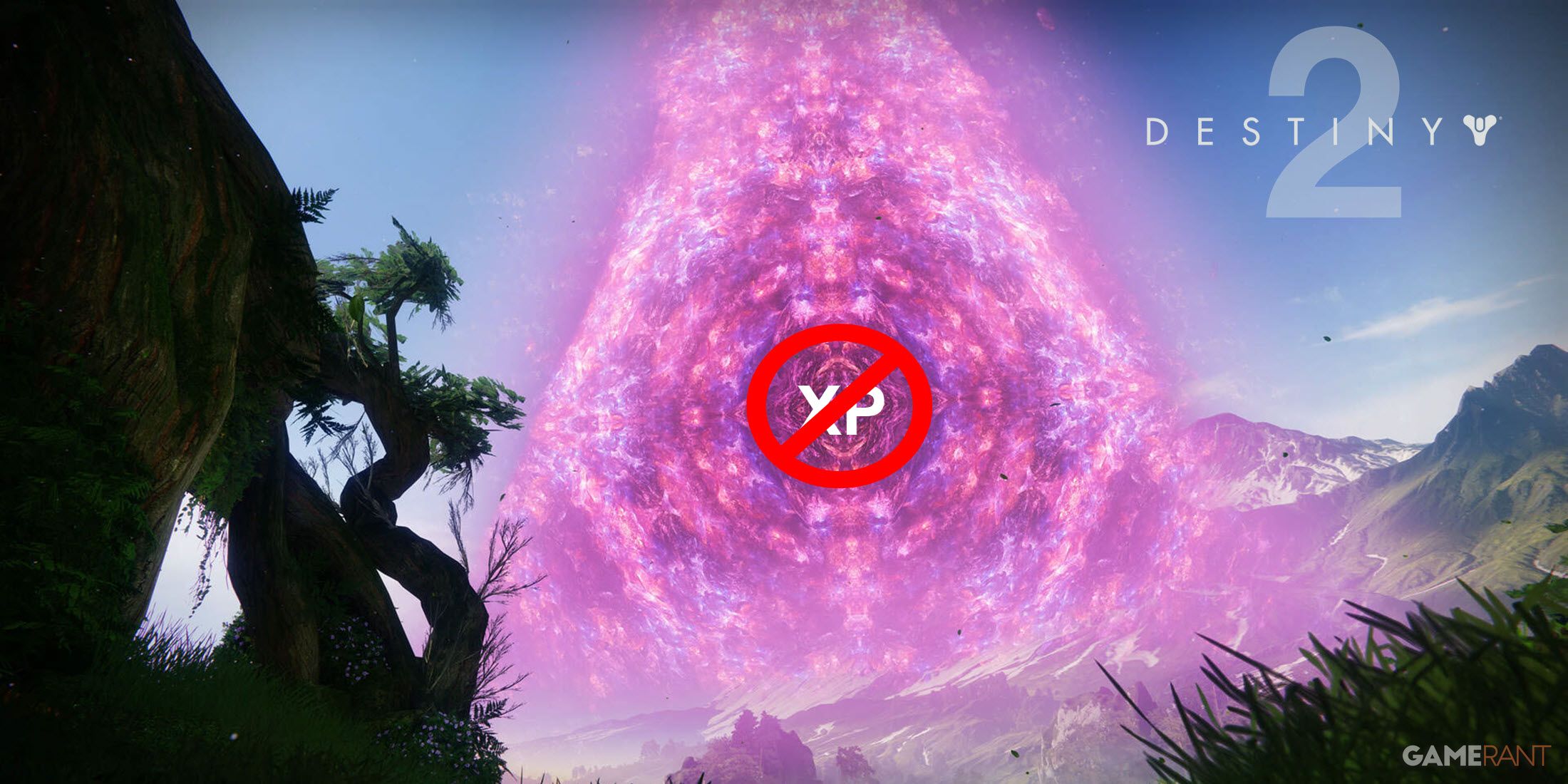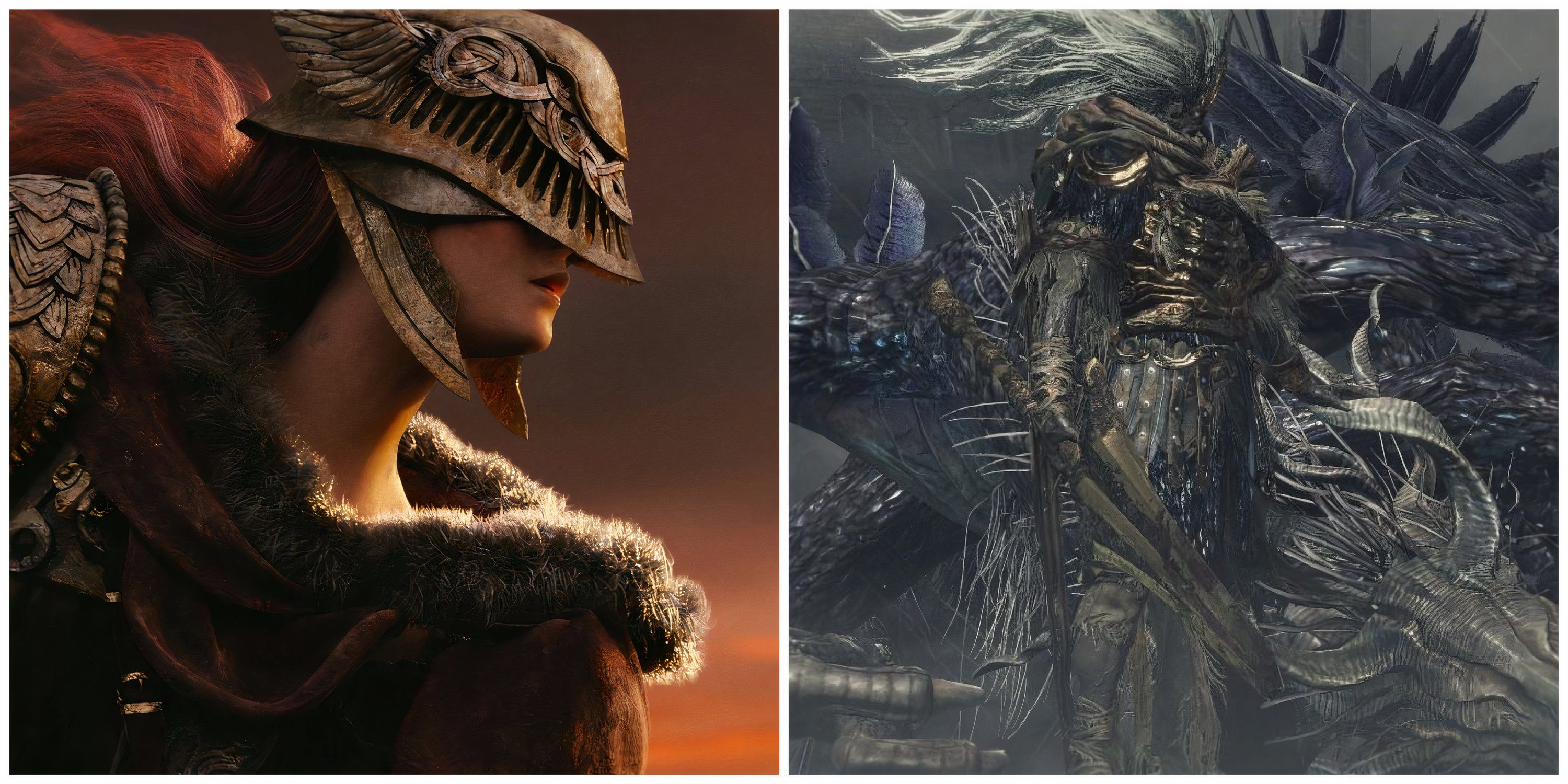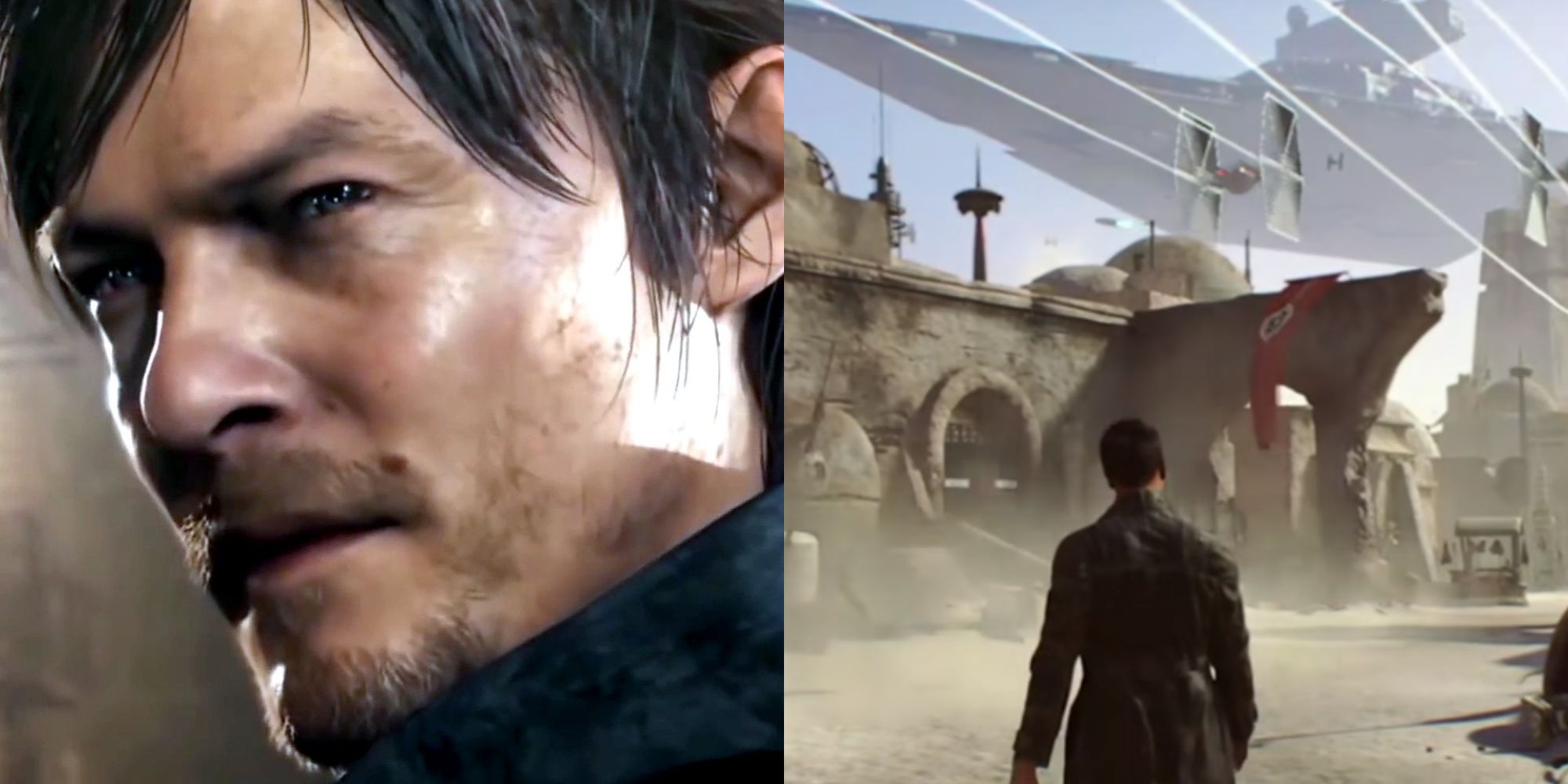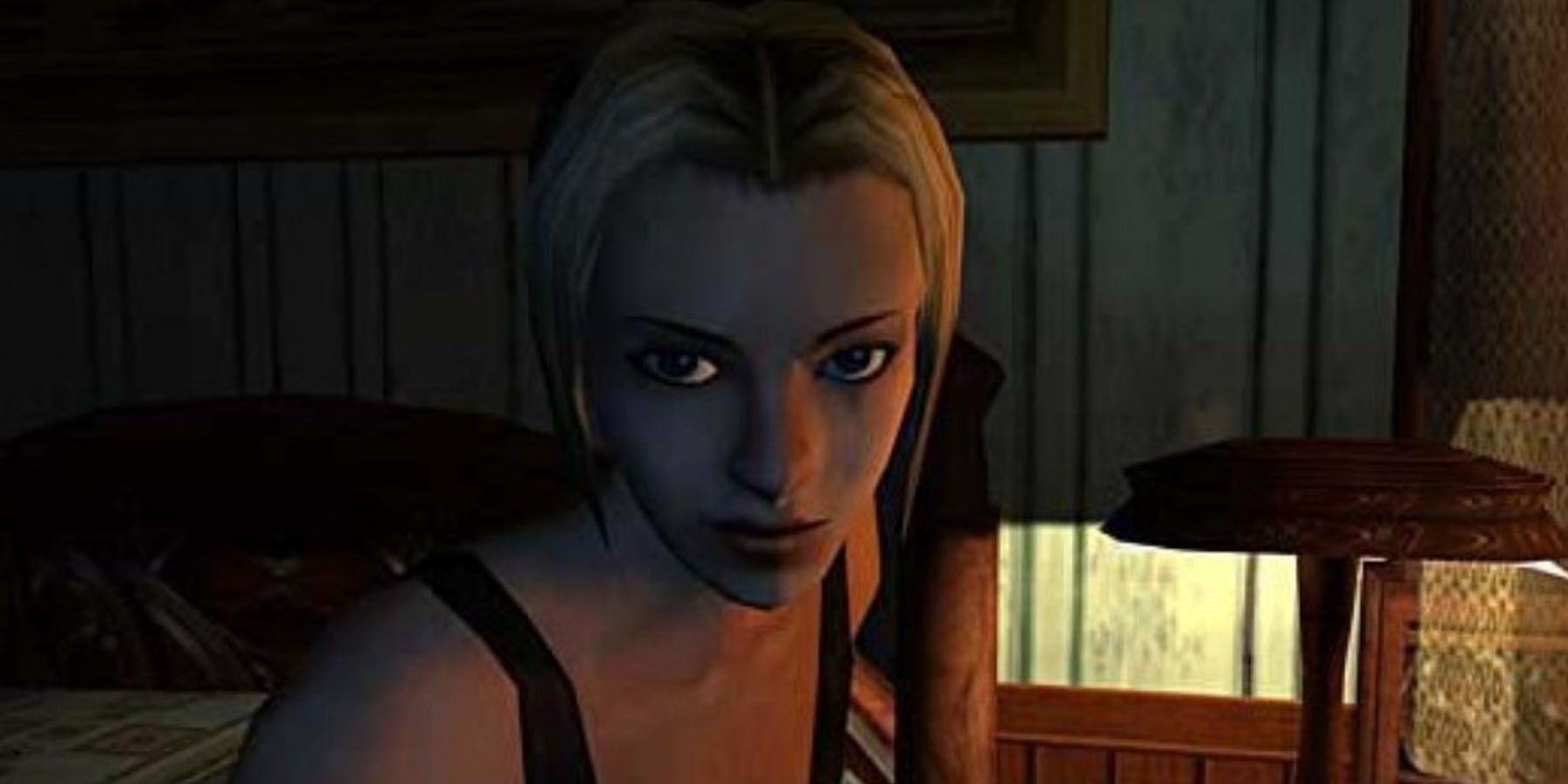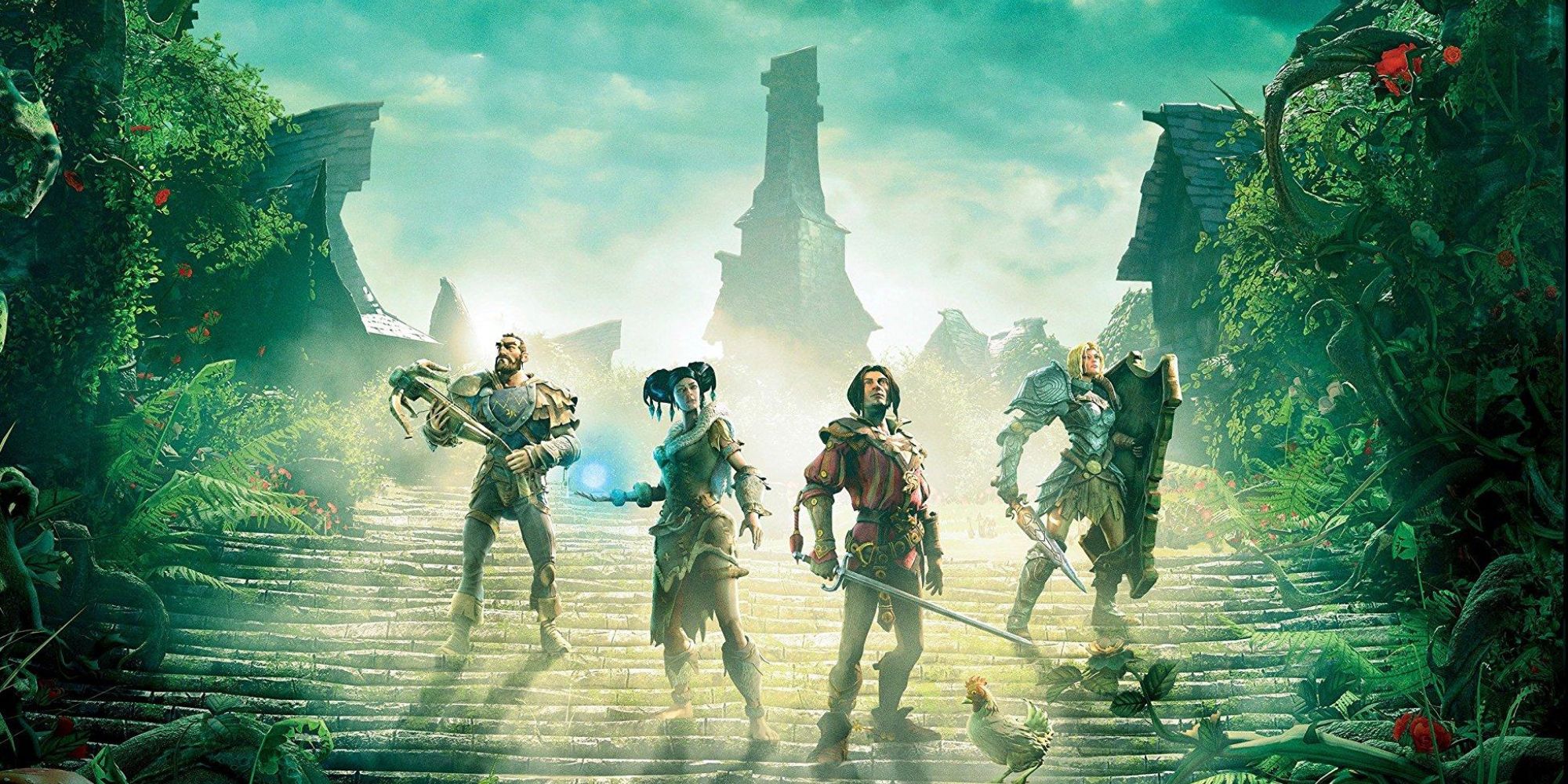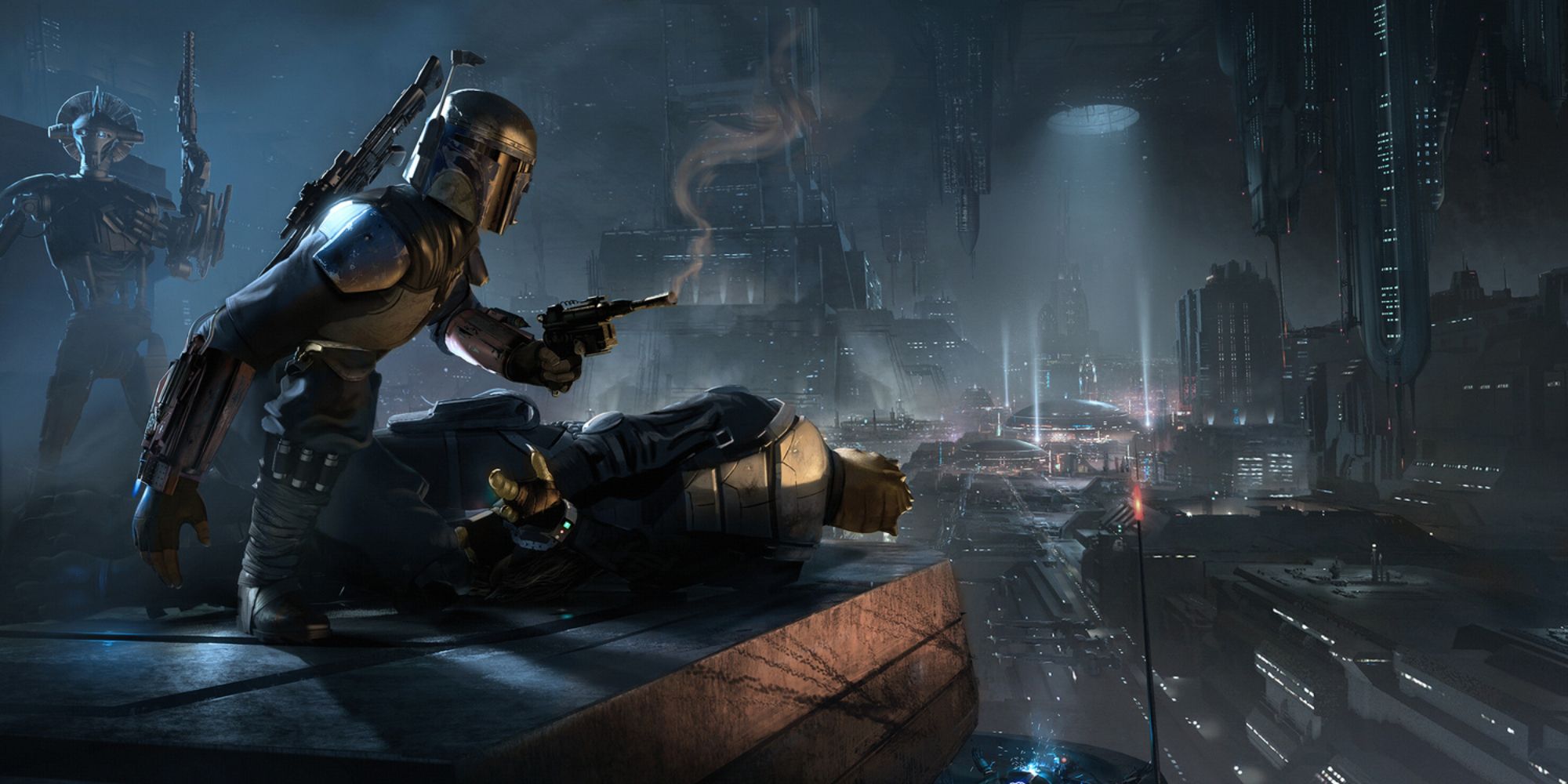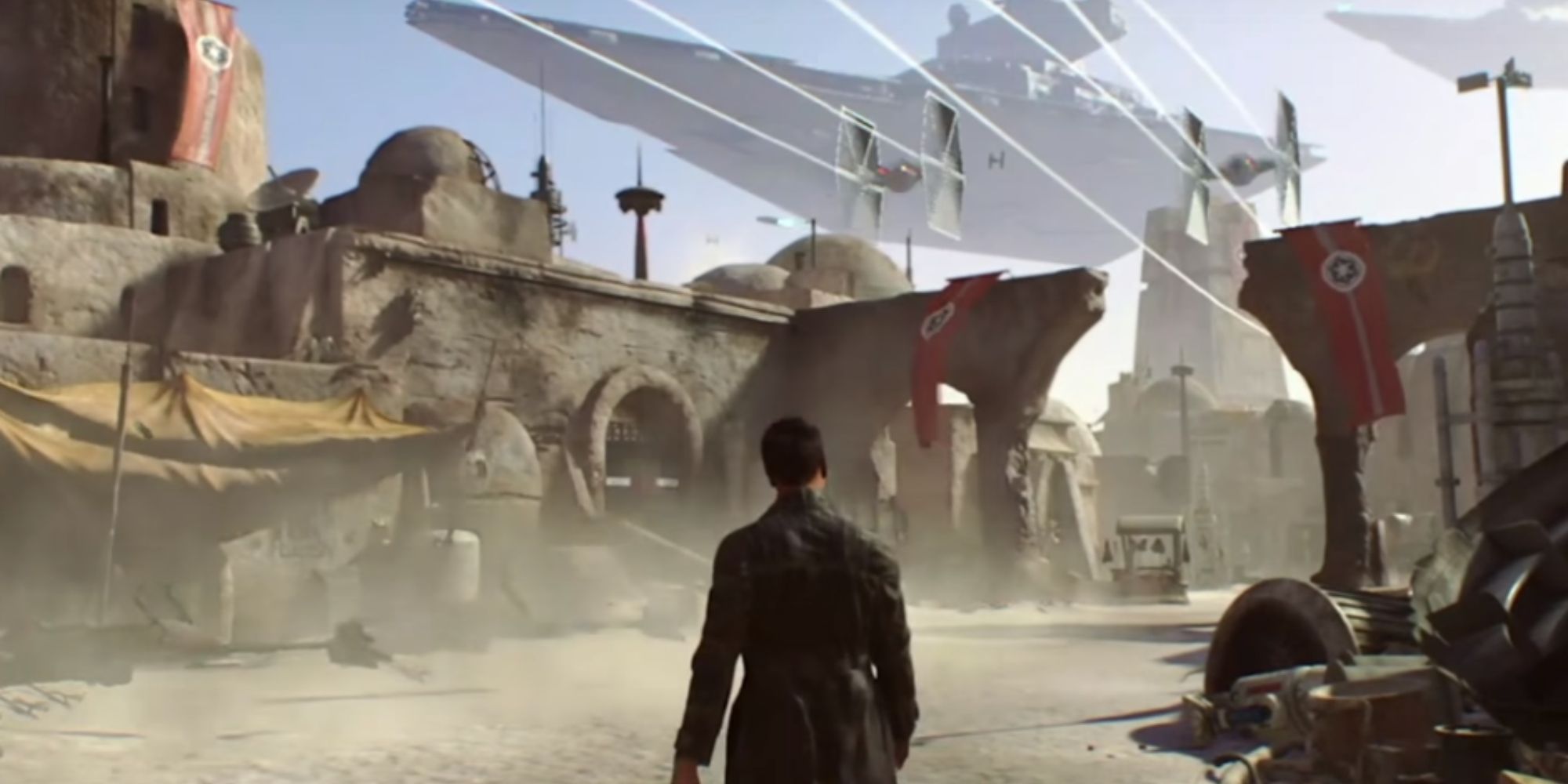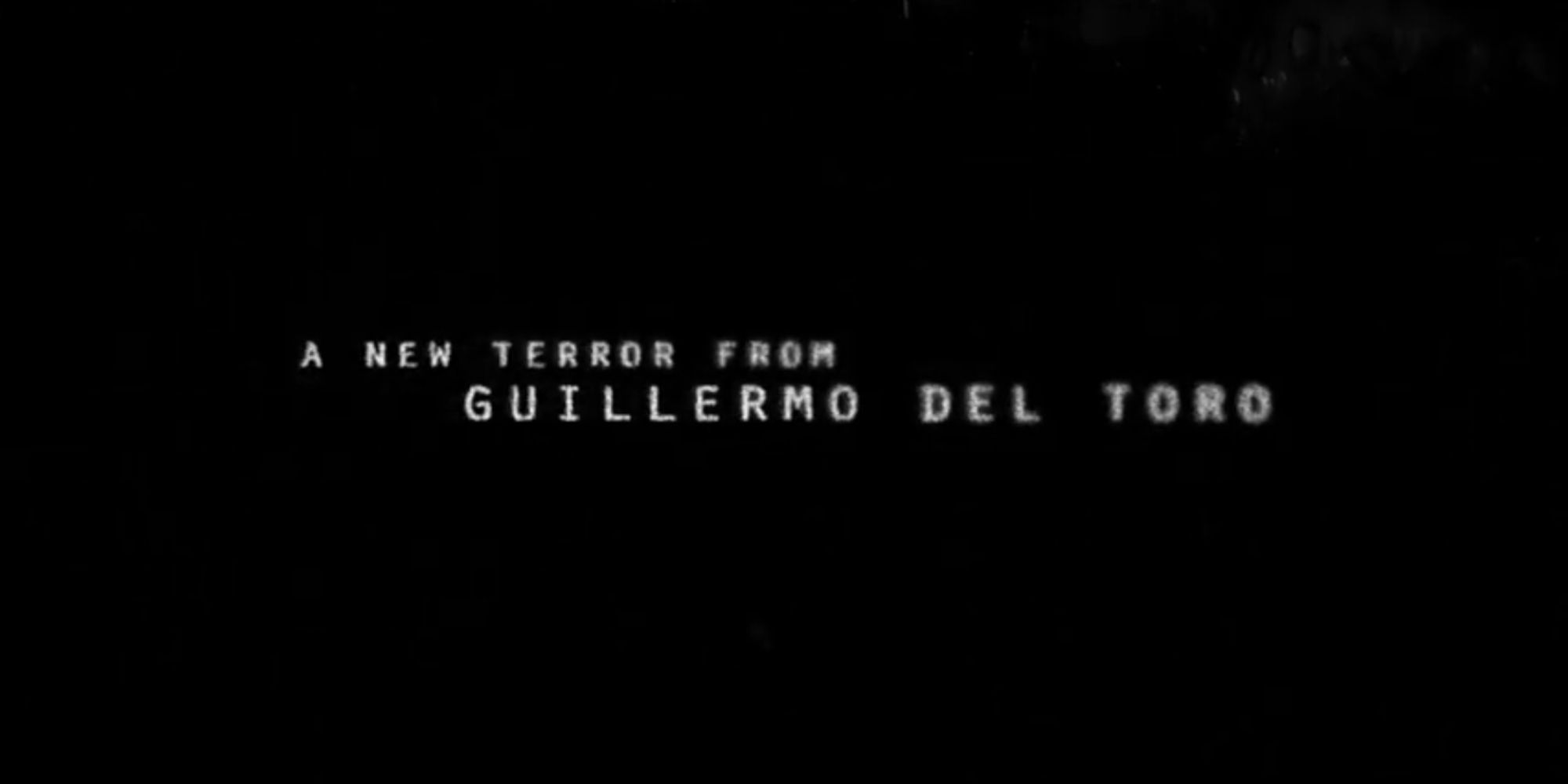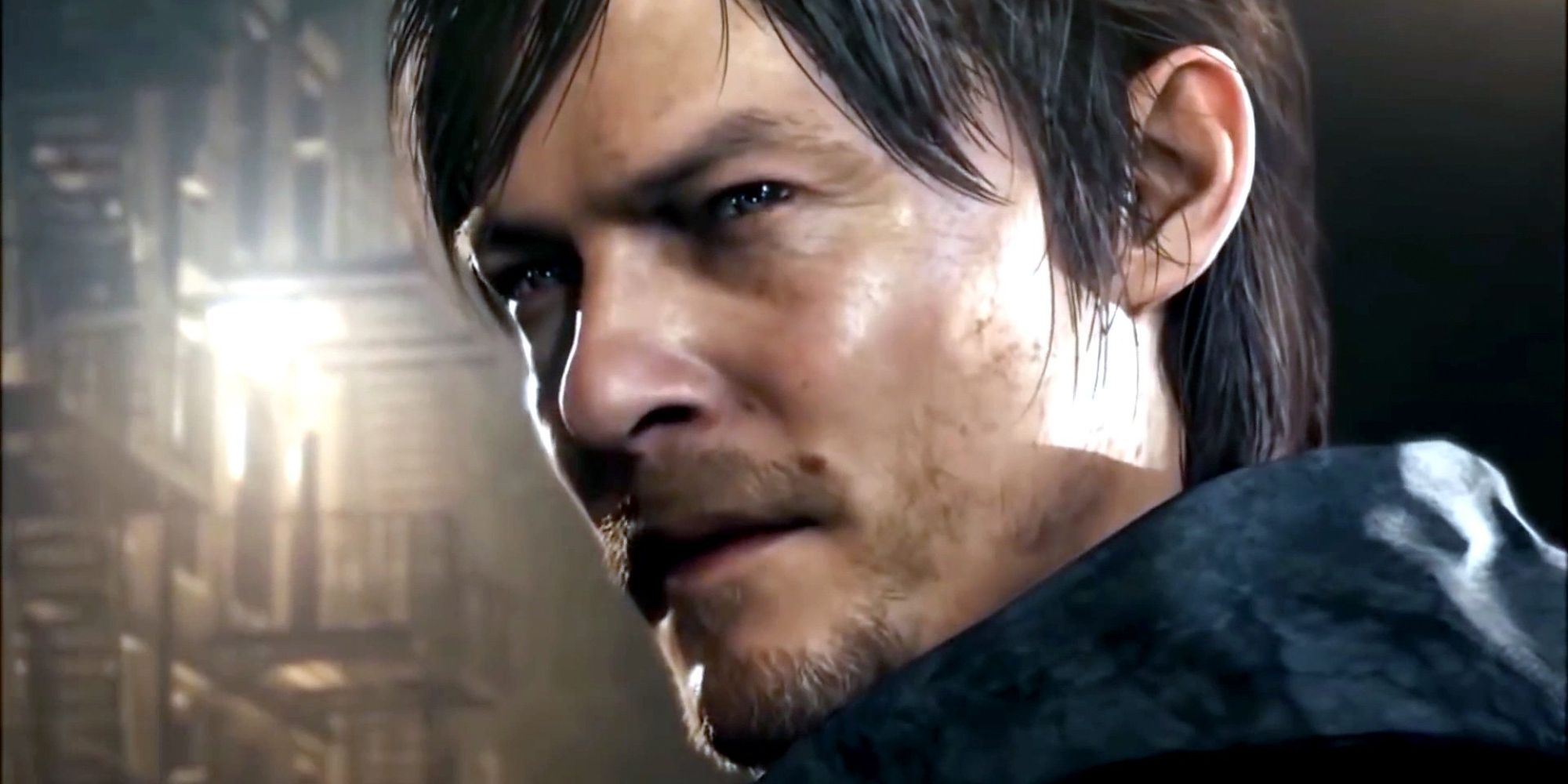Games take a long time to develop. Right now there are many exciting projects in development that the general public knows nothing about, waiting for a grand announcement when the publisher is ready.
However, not every project is that lucky. Plenty of games get canceled for a range of reasons. Some of these projects are closed down simply because the developer behind them no longer exists. Whether it’s bankruptcy, publisher restructuring or lawsuits, these projects were killed when the developer was forced to stop working on them. It's a shame too, as many of these projects had the potential to be amazing.
6 Eternal Darkness 2
Eternal Darkness: Sanity’s Requiem was a brilliant horror game for the Gamecube, one of the few M-rated games published by Nintendo. It was notable for its sanity effects system, which was inventive and elevated the horror to a new level. It never got a sequel, but there was one in the planning stages.
Silicon Knights, the developer, was interested in revisiting the property as one of several projects they had plans to work on after the release of Too Human, an RPG they were developing for the Xbox 360. However, this game would prove to be the one that would kill the studio entirely, and not just because of how poorly received it was.
A legal dispute between Silicon Knights and Epic Games over the use of the Unreal Engine 3 led to a five-year legal battle. Ultimately, Epic won, citing contract violations committed by Silicon Knights, costing them $4.4 million. In addition, Silicon Knights were forced to destroy all remaining copies of Too Human and X-Men: Destiny, and the studio filed for bankruptcy soon after, taking Eternal Darkness 2 and other projects with them.
5 Fable Legends
Fable Legends was a multiplayer project set in the Fable universe developed by Lionhead Studios. Four players would take on the roles of heroes, each with unique abilities. Meanwhile, a fifth player would take the role of a villain, who would guide the heroes’ adventure like an antagonist game master. While it sounded like a huge departure from the single player RPG feel of previous titles, there was still potential for a great multiplayer title.
It wouldn’t see the light of day, however. Lionhead had seen a slow decline since the release of Fable 3, with Kinect projects taking center stage. This led to a series of departures from the studio, with most of the studio’s best-known talent going to new jobs elsewhere. From 2012 onwards, the studio went through difficulties adapting to a new project and Microsoft would close the studio down in 2016, taking Fable Legends with it.
4 Star Wars 1313
LucasArts had a history of producing a whole range of classic games set in the Star Wars universe. With the likes of X-Wing, Dark Forces and Rogue Squadron, the notion of any Star Wars game from them was exciting. 1313, however, was especially exciting for fans. It was set to be a bounty hunter focused title, with Boba Fett in a prominent role, and George Lucas was set to be directly involved in its story.
In 2012, Lucasfilm was purchased by Disney, and within a few months, LucasArts was gutted. Reduced down to a skeleton crew of staff designed to act as licensors, their entire development staff was made redundant. This meant that every project they were working on at the time was instantly scrapped, including 1313. Some still hold out hope that it may return but with the trademark considered abandoned since 2014, it seems unlikely.
3 Star Wars Project Ragtag
1313 wasn’t the only Star Wars project to suffer the fate of cancelation due to studio closure. Project Ragtag was an especially exciting project set to come from Dead Space studio Visceral Games, after EA obtained the exclusive rights to produce Star Wars games. It was planned to be a heist-based action-adventure game set sometime after the events of A New Hope. Aside from Visceral, the project also had Amy Hennig as director, bringing her expertise from directing the Uncharted games.
However, after the success of Star Wars Battlefront in 2015, EA made the decision to pivot towards an exclusive multiplayer focus. As part of this change, Visceral were gradually shrunk until the studio was formally closed in 2017. Project Ragtag was passed over to EA Vancouver briefly before ultimately being canceled fully. Since then, the closest EA have come to revisiting the idea is 2019's Jedi Fallen Order, which marked the publisher's return to a single-player focusedStar Wars title.
2 Guillermo Del Toro – Insane
At the Spike Video Game Awards in 2010, publisher THQ made a big announcement. They would be working with acclaimed movie director Guillermo Del Toro to produce a new horror IP named Insane. The game, Insane, was set to be the first of a trilogy, with Del Toro handling writing and direction. It was set to be a passion project for Del Toro, who had taken an interest in working on a video game.
However, the game was canceled in 2012, with no reason provided at the time. However, behind the scenes, THQ were facing severe financial problems following poor reception to several releases and a failed hardware launch with the uDraw tablet for the Wii. Five months after the cancelation of Insane, the publisher would declare bankruptcy and sell off most of its assets, so it’s likely that this was a significant reason for the cancelation.
1 Silent Hills
Insane wouldn’t be the only failed video game project for Guillermo Del Toro. At Gamescom 2014, Sony announced the release of a demo for a mysterious horror game project set in a creepy house, simply titled P.T., short for Playable Teaser. The demo would reveal the project to be Silent Hills, a new Silent Hill game directed by Metal Gear creator Hideo Kojima, with assistance from Del Toro and the appearance of The Walking Dead’s Norman Reedus in a major role.
While P.T. saw a hugely positive reaction, Konami soon changed direction and made the decision to wind down production of video games in favor of pachinko machines and other amusements. This led to a public dispute between management and Kojima as they quietly fired him and his team, taking Silent Hills with them. Kojima would work with Del Toro and Reedus again on Death Stranding with Sony, but fans still can't help but imagine what Silent Hills could have been.

